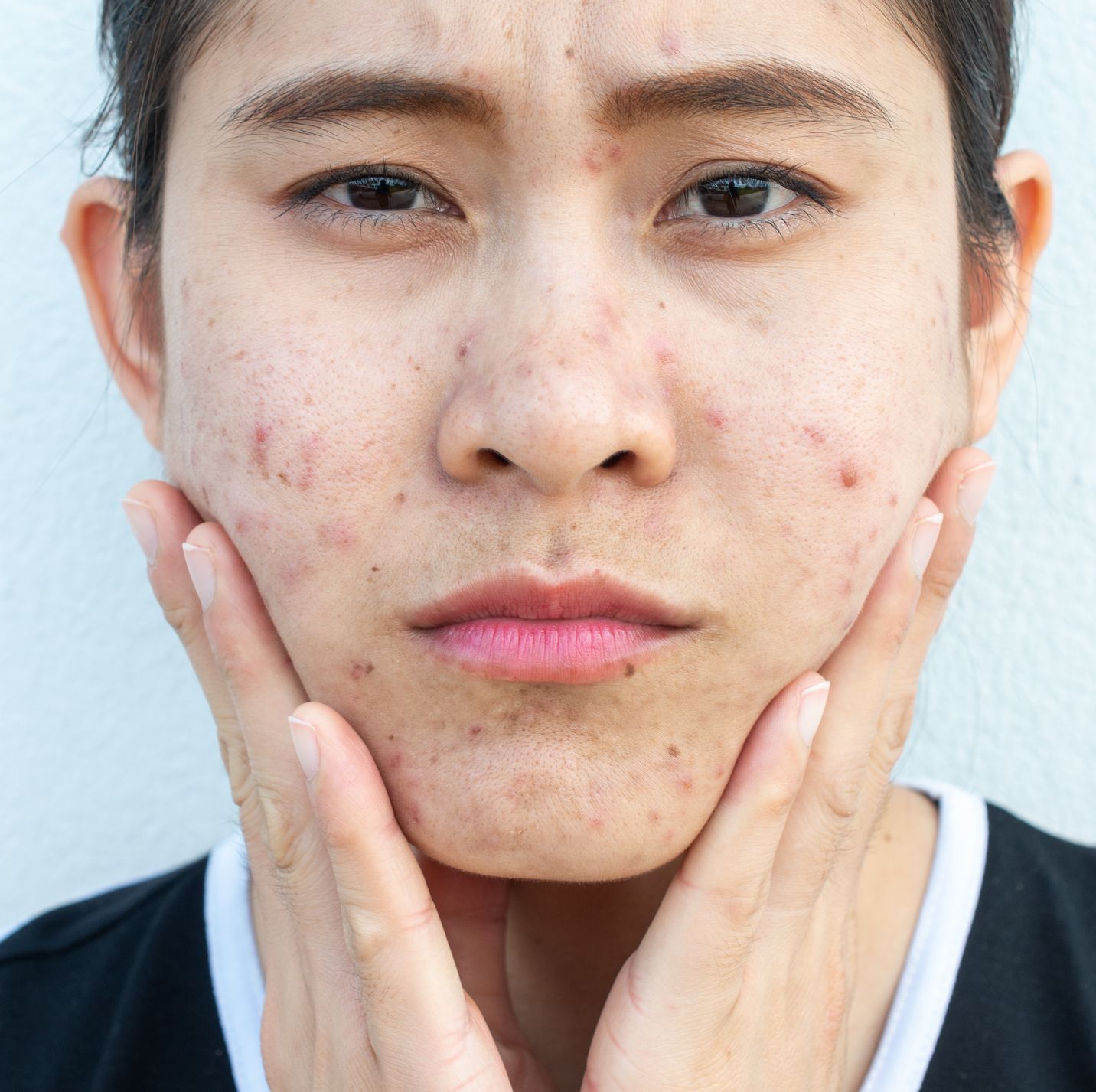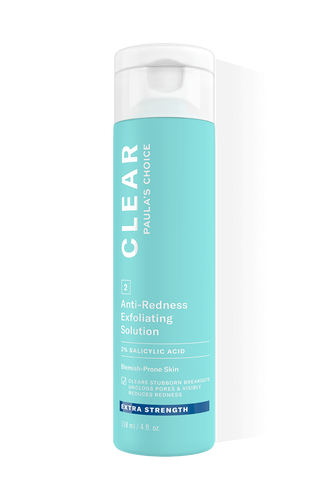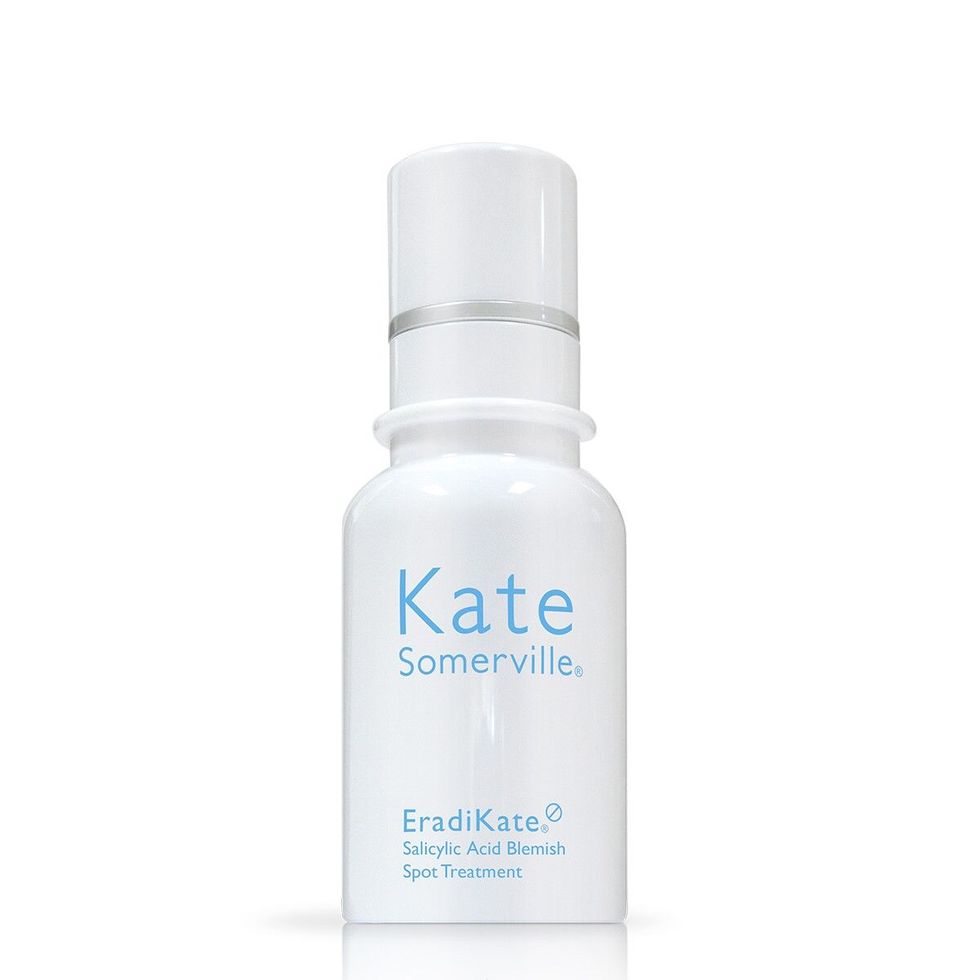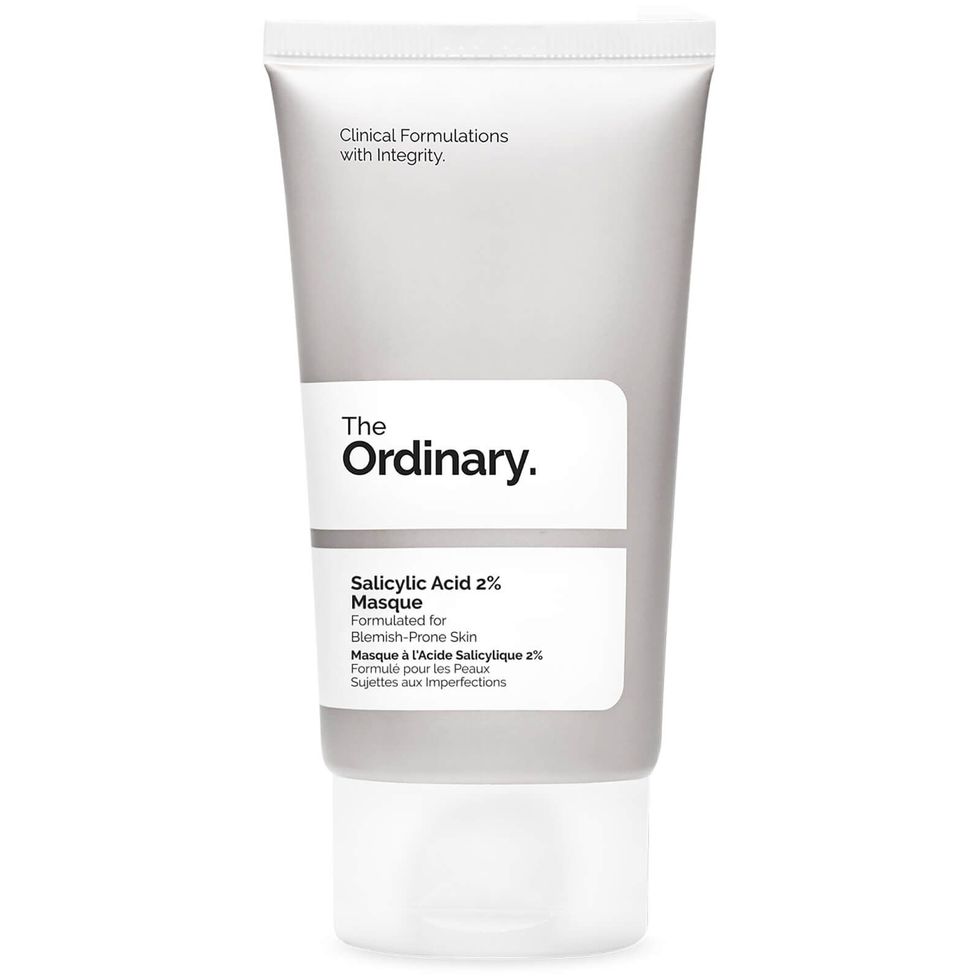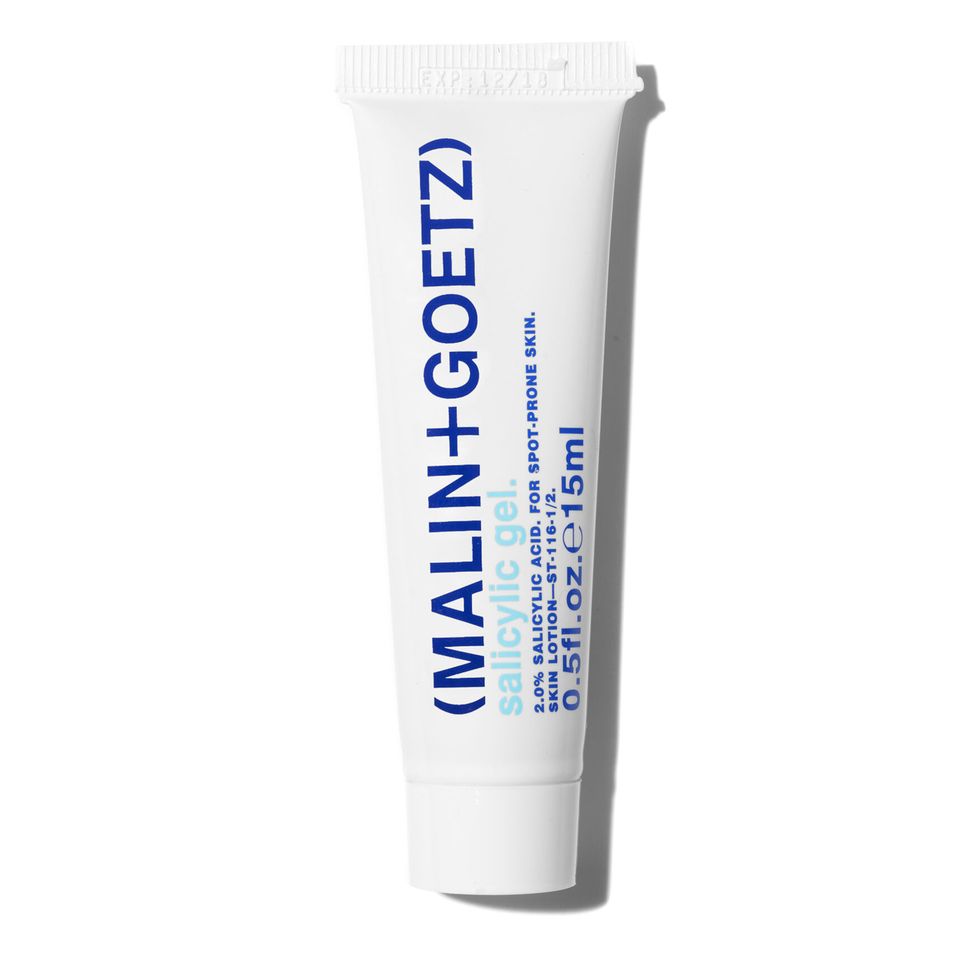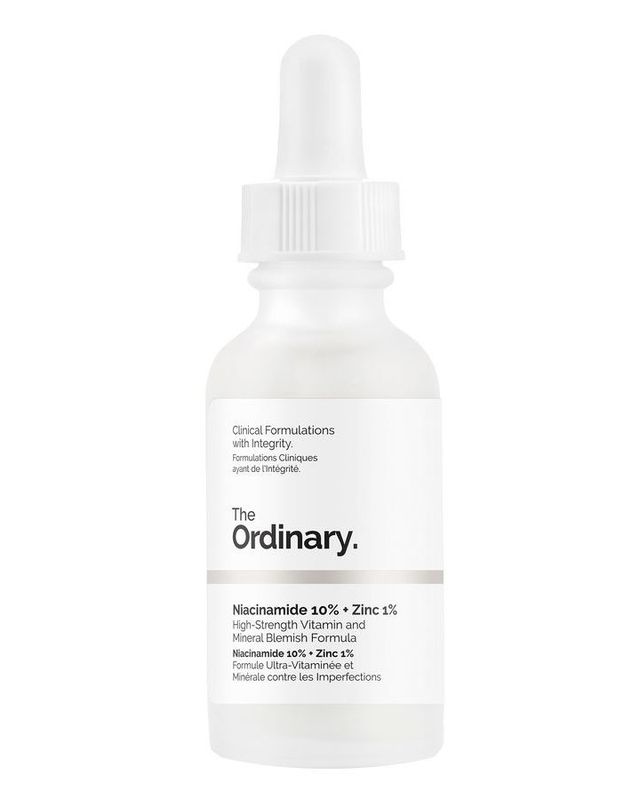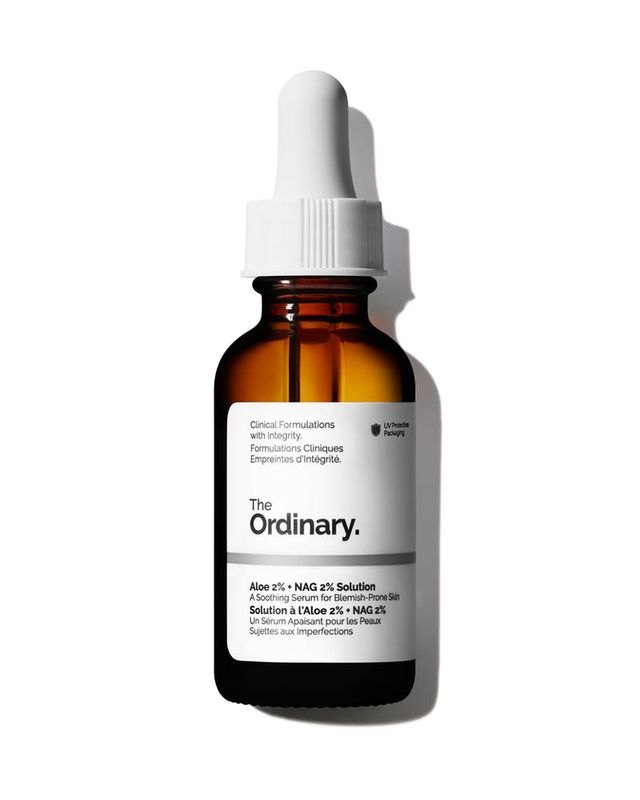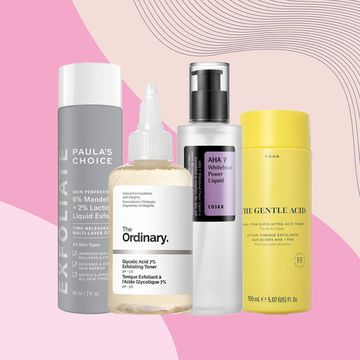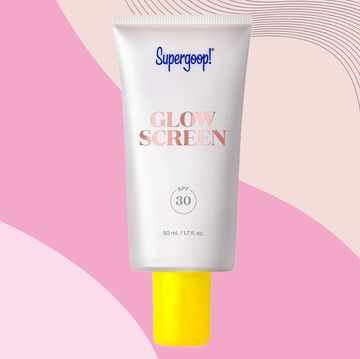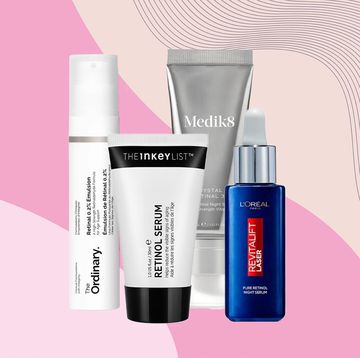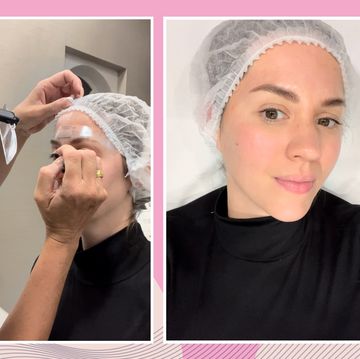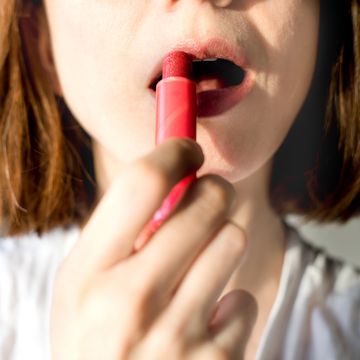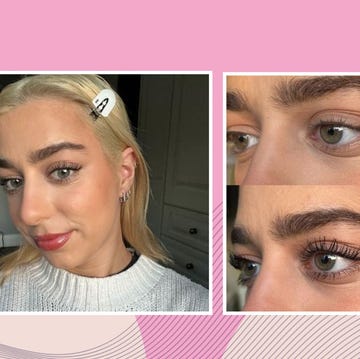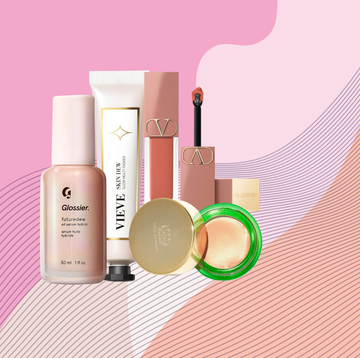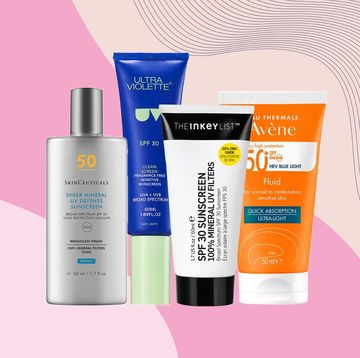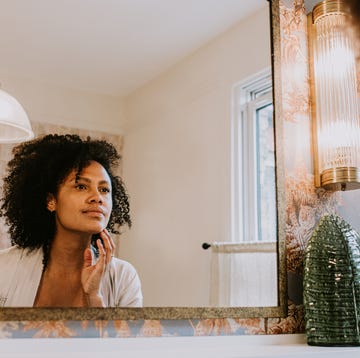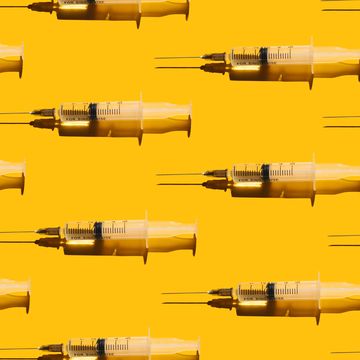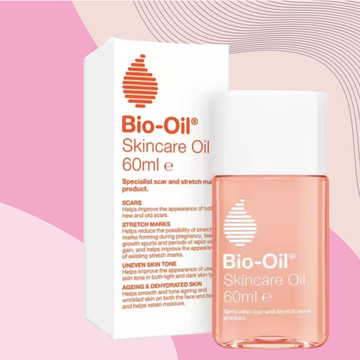The debate over whether diet can affect acne is one that has been raging for a long time. While two things are true when it comes to the skin condition–that your genes and your hormones can definitely play a part–the food question is less clear cut. Truth is, the answer you get on what sort of role your eating habits might have on troublesome spots can change depending on the expert you speak to, or the study you look up.
If you are dealing with acne, head to your GP or dermatologist, for a specialised treatment plan
The latest? A fresh piece of research has re-ignited the debate. This one comes down on the side of those who espouse a link between what you have for lunch and an issue with persistent pimples. Published in the journal JAMA Dermatology, the analysis involved observing 24,542 French adults over the course of a year. It concluded that there is a link between eating fatty and sugary foods, and acne.
So... is that that? Well, not quite. Here's what the experts have to say.
So...Can your diet cause acne?
When it comes to the conclusions of the research, they're straightforward. 'This study shows that there is a link between acne and the quality of your diet–stating that people with acne tend to consume more refined carbohydrates (the likes of bread, pasta and fizzy drinks) than people with little or no acne,' says aesthetic doctor, Dr Rita Rakus.
In an Instagram post on the subject, however, Consultant Dermatologist Dr Anjali Mahto flagged some concerns with the paper, and added then some extra digging is necessary, before we accept its results at face value.
'The link between whether or not diet can cause acne is one that remains controversial, with mixed results and no clear answers despite decades of research,' she wrote. Also mentioned in her post were issues with the study's methodology.
Dr Mahto noted that only 37% of patients who participated had their condition diagnosed by a dermatologist–and that nothing was mentioned about if any had a polycystic ovary syndrome (PCOS) diagnosis (a common hormonal cause of acne in adult women); whether they were on hormonal contraception (progesterone-only pills can trigger acne) and the state of other lifestyle factors, such as sleep and stress levels (these can be aggravating factors.)
'The strengths of this study are no doubt the large sample size and an attempt to control for potential confounders [these included age, sex and levels of physical activity] but there are a number of limitations which are hugely relevant. We do not have the data at the moment to say without doubt that dietary intervention will prevent or improve acne, and this type of lifestyle strategy is best thought of as an adjunct to tried, tested and validated acne treatments which already exist,' she added.
For Dr Mahto, eating well can be an element of managing acne, as opposed to the end game. This does not mean, however, becoming obsessive about, say, nixing all sugar. Instead, she notes, it's about being mindful of how much you do consume.
Sana Khan, nutrition consultant and founder of Avicenna Wellbeing, agrees that the causes of acne are complicated. 'Whilst this study has interesting findings, it's important to note that acne is an inflammatory skin condition which can be triggered by lots of different things. It is much more complex than simply linking it to the diet alone.'
Khan adds: 'acne for many people can be relevant to hormones, age, genetics, sebaceous gland production, genetics, some medications. Therefore, I don’t agree with labelling acne [as a result of] diet alone, however what I can say is that [some] foods, such as sugar, trans-fats and perhaps saturated fats, can increase systemic inflammation and therefore worsen symptoms of acne in some people.'
Aesthetic doctor Dr David Jack believes that those with acne should take diet into consideration, and states that the degree of impact is likely to vary among individuals. 'In some people there will be clear association with certain foods and the appearance of acne, for others it may be less apparent. However, eating a diet rich in antioxidants, low in animal products (particularly dairy and processed foods) and low in simple sugars are believed to improve the situation for some people with acne,' he says.
He also encourages those exploring acne solutions to take the increasing evidence of an association between gut health and acne into account. 'The mechanism is as yet not completely understood, but it is thought perhaps to be associated with disruptions to the normal gut microbiome and or dietary factors related to foods that can cause inflammation or glycation,' he reveals.
What foods might affect acne?
To reiterate, there is no firm evidence that changes to your diet will nix your acne, and you should speak to a medical pro for a specialised treatment plan, if you're struggling with your skin.
But aesthetic doctor Dr Galyna Selezneva believes that dialling down your consumption of certain foods might have a positive effect.
'While "junk food" might not directly cause acne, it is definitely one of the predisposing factors for triggering a flare up or making ongoing acne worse,' she says.
Dr Selezneva adds that eating a poor diet could play a role in the duration and presentation of acne. 'The usual offenders when it comes to food are those high glycemic index [such as sugary foods and refined carbohydrates]. Some patients will report worsening of acne following dairy products.'
What foods might be helpful, if you have acne?
Dr Jack says that he always advise trying a probiotic supplement and diet rich in prebiotics, when it comes to acne. 'I would also recommend having a diet rich in antioxidants, ideally try to stick to [mostly] plant-based products. I generally will also advise people to avoid sugary, processed foods and, although there is not definitive evidence for this yet, a diet low in meat, particularly processed meats,' he adds.
His list of foods and drinks to try includes:
- whole grains
- nuts and seeds
- legumes
- yellow and orange fruits and vegetables such as carrots, apricots, and sweet potatoes
- spinach and other dark green and leafy vegetables
- tomatoes
- blueberries
- brown rice
- quinoa
- turkey
- pumpkin seeds
- beans, peas, and lentils
- salmon, mackerel, herring and other kinds of omega 3 rich fish
- kombucha
- kefir
- asparagus
How else can you help tackle acne?
Dr Shaaira Nasir, consultant dermatologist at sk:n clinics, reveals what else you can do to help with your acne.
- 'It is important to check if you are using the correct skincare, for example to check that all your skincare is oil-free.'
- 'If you have been sweating or been to the gym, it is advisable to have a shower straight away afterwards to remove any bacteria from the surface of the skin as this could contribute to acne.'
- 'Make sure you are properly washing your face in the morning and at the end of the day to remove any excess oil and dirt. Remove make-up fully before going to bed as this will prevent pores from becoming blocked.'
- 'Try to limit how much you touch your face, it’s a very common habit that many of use don’t realise we are doing half of the time, but this will also help to prevent bacteria being left on the skins surface of our face.'
- 'Another factor to be aware of is stress as this can also be the cause of breakouts.' (Read up on skin and stress.)
Finally, 'if you're struggling with acne please see your GP or specialist dermatologist,' advises Dr Selezneva. 'Overall, the treatment of acne should be individually designed for each patient taking into consideration the severity.' This might involve acne medications or specialised treatments that need to be prescribed. '
Finally, stay calm, no matter how bad it seems. The condition is treatable and will get better.'
Cut through the noise and get practical, expert advice, home workouts, easy nutrition and more direct to your inbox. Sign up to the WOMEN'S HEALTH NEWSLETTER
